All Stories
-
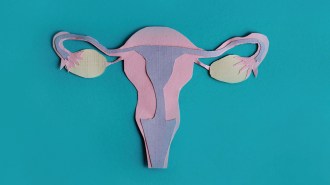 Health & Medicine
Health & Medicine‘Vagina Obscura’ shows how little is known about female biology
The new book ‘Vagina Obscura’ chronicles how scientists are finally giving female health and anatomy proper attention.
-
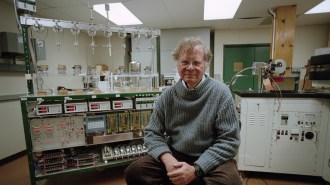 Climate
ClimateWally Broecker divined how the climate could suddenly shift
Wally Broecker’s insight into the shutdown of the great ocean conveyor belt spurred the study of abrupt climate change.
-
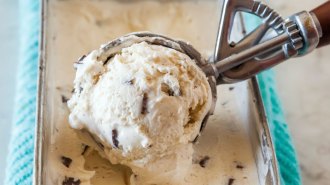 Chemistry
ChemistryGrainy ice cream is unpleasant. Plant-based nanocrystals might help
The growth of large ice crystals in ice cream produces a coarse texture. A cellulose nanocrystal stabilizer could help keep the unwelcome iciness away.
By Anna Gibbs -
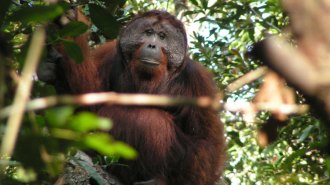 Anthropology
AnthropologySocial mingling shapes how orangutans issue warning calls
The new findings hint at how modern language may have taken root in sparse communities of ancient apes and humans.
By Bruce Bower -
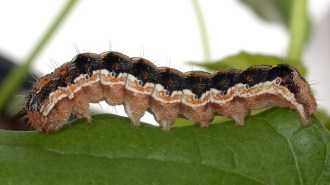 Life
LifeHow a virus turns caterpillars into zombies doomed to climb to their deaths
By manipulating genes used in vision, a virus sends its host caterpillar on a doomed quest for sunlight, increasing the chances for viral spread.
By Jake Buehler -
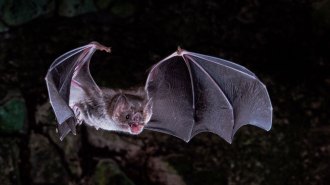 Life
LifeLost genes may help explain how vampire bats survive on blood alone
The 13 identified genes underpin a range of physiological and behavioral strategies that the bats have evolved.
-
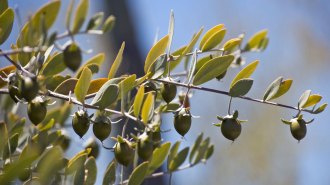
50 years ago, scientists thought a desert shrub might help save endangered whales
Fifty years ago, scientists sought a sustainable alternative to prized oil from endangered sperm whales.
-
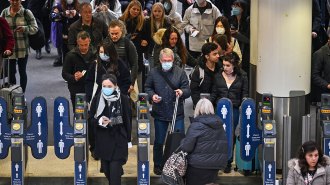 Health & Medicine
Health & MedicineHow I’ll decide when it’s time to ditch my mask
New COVID-19 masking guidelines are designed for communities not individuals, making a decision about safety difficult.
-
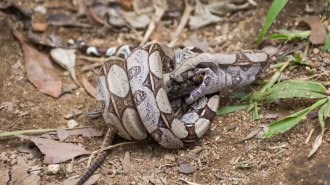 Animals
AnimalsHere’s how boa constrictors squeeze their dinner without suffocating themselves
Carefully controlled breathing allows boa constrictors to pull off their signature move without cutting off their own air supply.
-
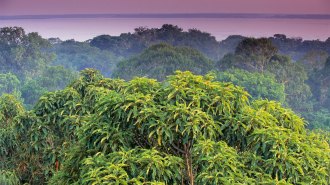 Climate
ClimateForests help reduce global warming in more ways than one
Trees are often touted as bulwarks against climate change for their capacity to sequester carbon, but that’s just one part of the story.
By Nikk Ogasa -
 Science & Society
Science & SocietyHow Science News has been a training ground for young science journalists
A long-standing internship along with informal mentorship are part of the tradition at Science News.
-
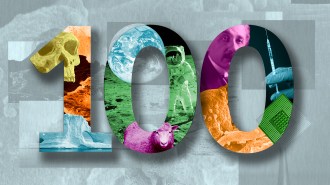 Science & Society
Science & SocietyWe’re celebrating a century of Science News
Across a century of science journalism, Science News has covered the Scopes trial, the moonwalk, Dolly the Sheep and more.